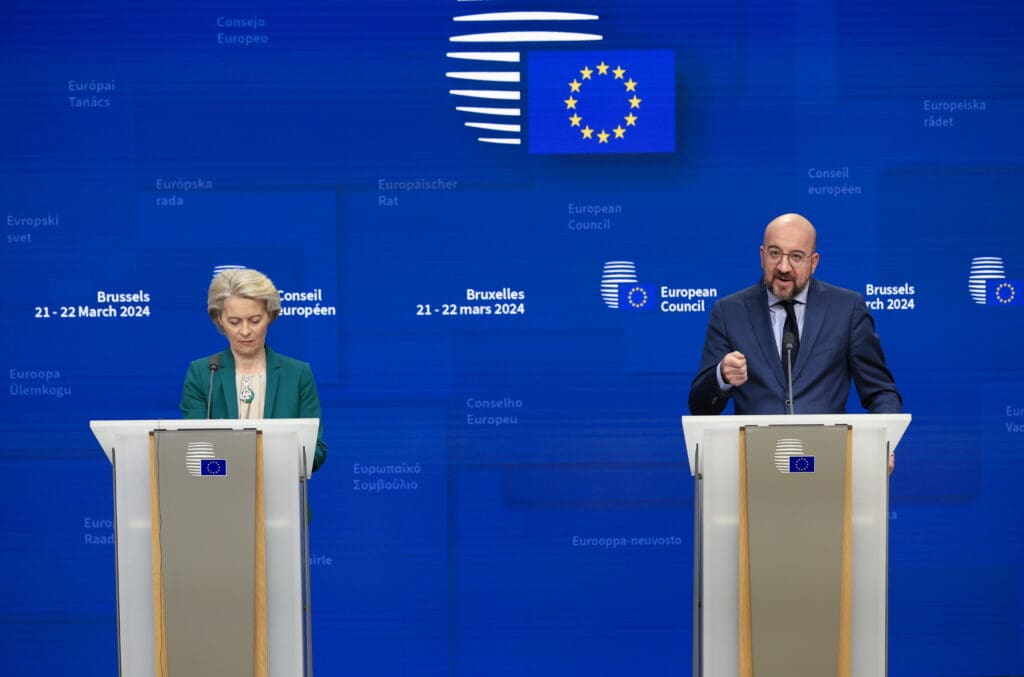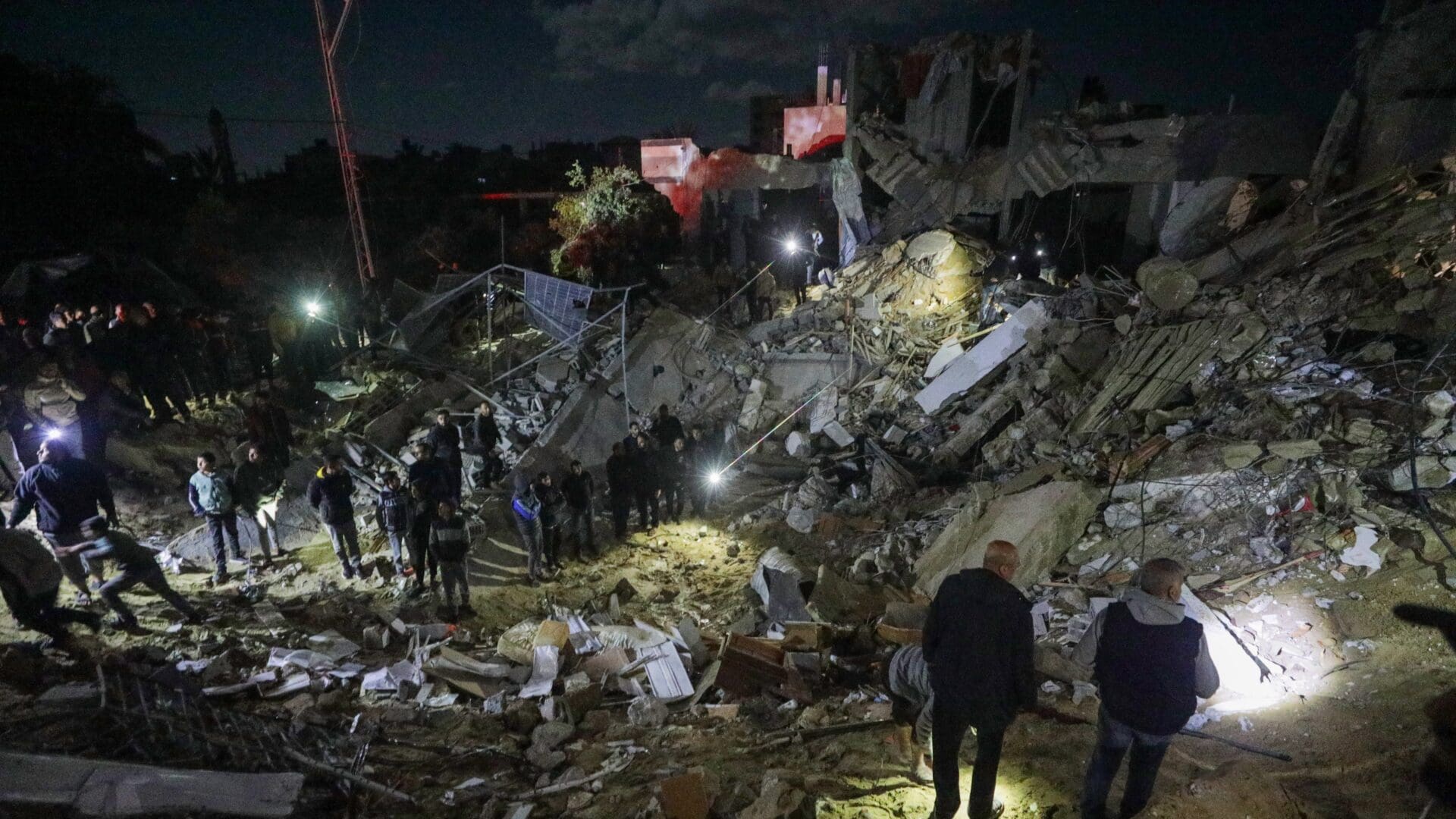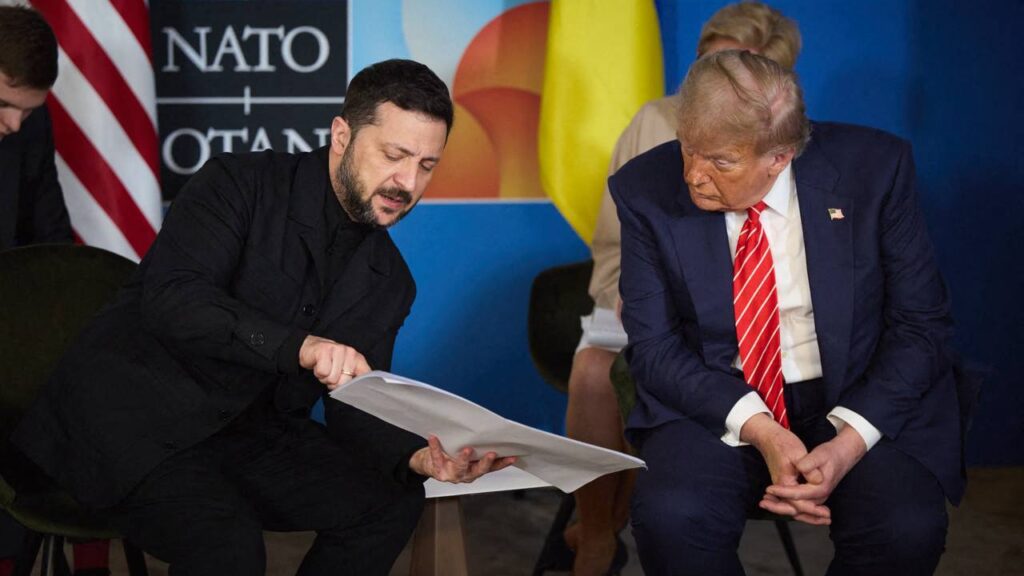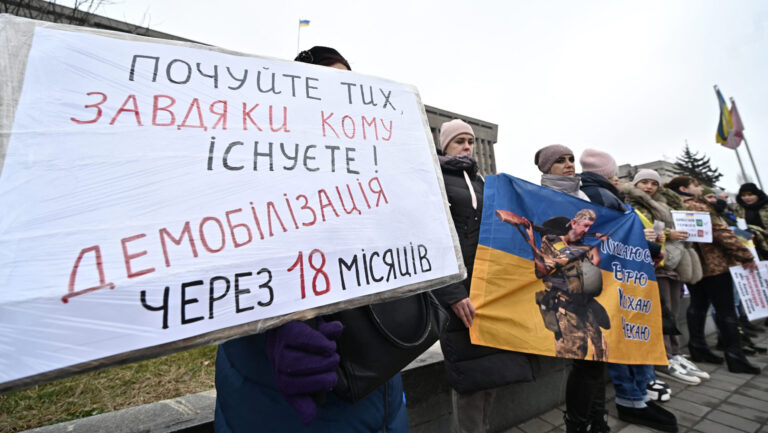It is ‘the acknowledgment that Israel has the right to do everything possible that the 7th of October will never happen again but it also has the duty to do everything possible to protect civilian life,’ European Commission President Ursula von der Layen said about the joint statement on the ceasefire in Gaza following the European Council summit last week.
On the 21st of March, after five months of intense debates among the 27 leaders of the EU, Hungary subscribed to a joint EU statement for the first time since the start of the Israel–Hamas conflict. As a result, EU leaders have unanimously called for
‘an immediate humanitarian halt leading to a sustainable ceasefire’ in Gaza.
As early as late October, some member states, including Belgium, Ireland, and Spain, called for a ceasefire. However, the Czech Republic and Hungary had prevented this statement out of concern that it would undermine the EU’s support for Israel’s right to self-defence. A call for an eventual ceasefire in the Gaza Strip was supported by all EU foreign ministers in February, with the exception of Hungary, which exercised its veto power.
The text of the statement adopted last Thursday also underlines the necessity of freeing the last Israeli hostages kept in Gaza and, for the first time, acknowledge the UN’s claims of sexual assaults by Hamas terrorists during the 7 October attacks. The leaders of the the Member State also urged the Council to ‘accelerate’ the process of adopting new sanctions against Hamas.

US Also Calls for Immediate Ceasefire
With this move, the EU and the US are now in lockstep. US Secretary of State Antony Blinken declared on Wednesday that he would support ‘an immediate ceasefire tied to the release of hostages’ in a resolution to be presented at the UN Security Council. This marks a significant change in the US’s position on the issue, as the US has previously voted down three UN resolutions on a ceasefire.
Israeli Prime Minister Benjamin Netanyahu responded by emphasizing that
there is no other way to defeat Hamas but by entering Rafah
and destroying the remaining battalions there. This objective won’t alter, even if they don’t enjoy US assistance, the Israeli PM implied.
In their joint statement, EU leaders also call on Israel to stop its intended offensive on the town of Rafah in southern Gaza, where an estimated one million Palestinians are taking refuge from the fighting.
EU’s Perspective for After the Gaza War
European Council President Charles Michel and von der Leyen again underlined the EU’s commitment to a peaceful resolution that guarantees Palestinian statehood.
To make sure that it is in a position to take on additional responsibility in the future, assistance is required from the Palestinian Authority, which is led by President Mahmoud Abbas and governs the West Bank.
The European Union has not yet revealed specifics on how it will rebuild administration in Gaza, where Hamas has held power since 2007. However, it says it is prepared to assist in rehabilitating a democratic process to bring peace to the unstable area.
Recognizing Palestine as a State Is Essential to Achieving Peace in the Region
At some point in the future, Malta, Slovenia, Spain, and Ireland are ready to recognize Palestine as a state. The establishment of an independent Palestine is deemed necessary for the development of long-term peace and security in the Middle East according to the four EU member states. But they are holding out for official acknowledgment until they are certain that this move will pay off.
Spanish Prime Minister Pedro Sánchez stated that it is time for the recognition of Palestine to promote the peace process, the end of violence, the development of permanent peace and security, and the recognition of Israel by the Arab community and the recognition of Palestine by Western countries.
Currently, eight EU members—including Hungary—recognize Palestine.
All these nations are Eastern members of the EU, except Sweden, and had chosen recognition even before joining the EU. Malta acknowledged the right of the Palestinian people to establish a state in 1988.
EU-imposed Sanctions against Violent Settlers
Initially, several EU nations demanded that at least 20 settlers who had committed violence against Palestinians be subject to sanctions. A compromise on a lower figure was reached following more debate and the decision was passed after Hungary had removed its veto under pressure from other EU countries, particularly Germany and France.
The exact form of the sanctions is still unknown, although there are predictions that they would entail travel bans or even financial boycotts.








